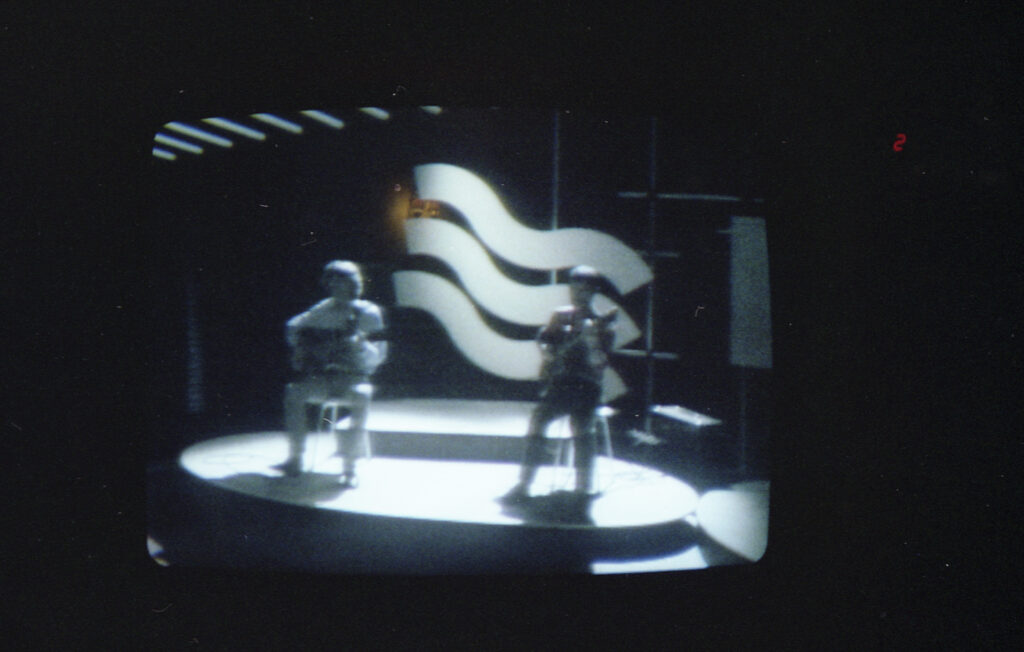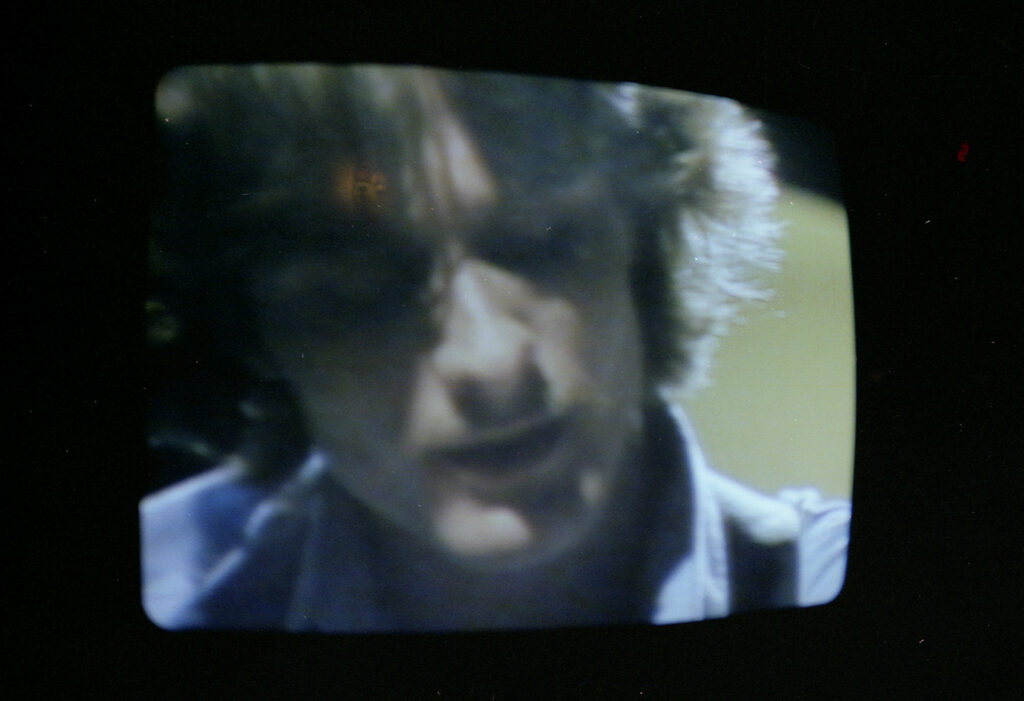For many artists, stage fright has put a severe limitation on their career. Who knows how many prodigious musicians there have been of whom we never heard because of that affliction.
My guess is that the vast majority of performers have experienced some form of that fear, ranging from a mild uneasiness to outright terror. Most of those we know well have somehow managed to come up with a coping mechanism.
My version of stage fright was quite mild and manageable by an easy trick: Even though I rarely drink alcohol, I would take two sips of red wine about half an hour before the show. Not more, not less. It settled me into a comfortable state of alertness and worked OK.
A few years into my career as a musician, my friend Carlos and I were hired to play a live TV gig as a guitar duet. Our repertoire was jazz standards and Brazilian music. We had been performing at a local club for a while and had acquired a bit of a following, and we eventually came to the attention of that TV music program’s producer.
Live TV was a new thing for me, but I was confident that I’d manage OK based on my experience of playing for audiences and having learned to focus purely on the task at hand. We arrived at the TV station all prepared. I had had my couple of sips of wine and felt ready.
As we walked into the studio, I checked out the set where we were to play, and, against the opposite wall, I saw the huge TV cameras that were the state of art in the early 80s, weighing down heavily on big hydraulic rolling tripods. The operators were in place – we were about 15 minutes from air time.

Carlos and I took our guitars from their cases, tuned them, and then we both went into our warm-up routine, loosening the fingers with some scales and occasionally playing something together. The cameras were at a good distance from us, and that big gap made the whole scene feel much less intimidating than I had anticipated. It gave us the comfort of feeling like we were on stage and the audience was at a distance.
Air time approaches. The director steps forward. A fleeting thought glides by: This is actually live and being seen by many thousands of people. But the thought takes no hold. We are calm and ready to go.
“10 seconds, 9, 8, 7 ,6 ,5, 4, 3, 2” – I notice they leave out 1 – and then the director points at us.
As soon as we start to play, one of the camera operator quickly pushes his gigantic camera forward across the gap to within a foot of the stage and points the massive lens right at my face.
I don’t remember much of those first few minutes. Carlos says we continued without missing a beat, and the program got pretty good reviews so it must have felt smooth enough. But what was seared most clearly into my memory from that day was that enormous piece of glass sucking the light right out of my face.
